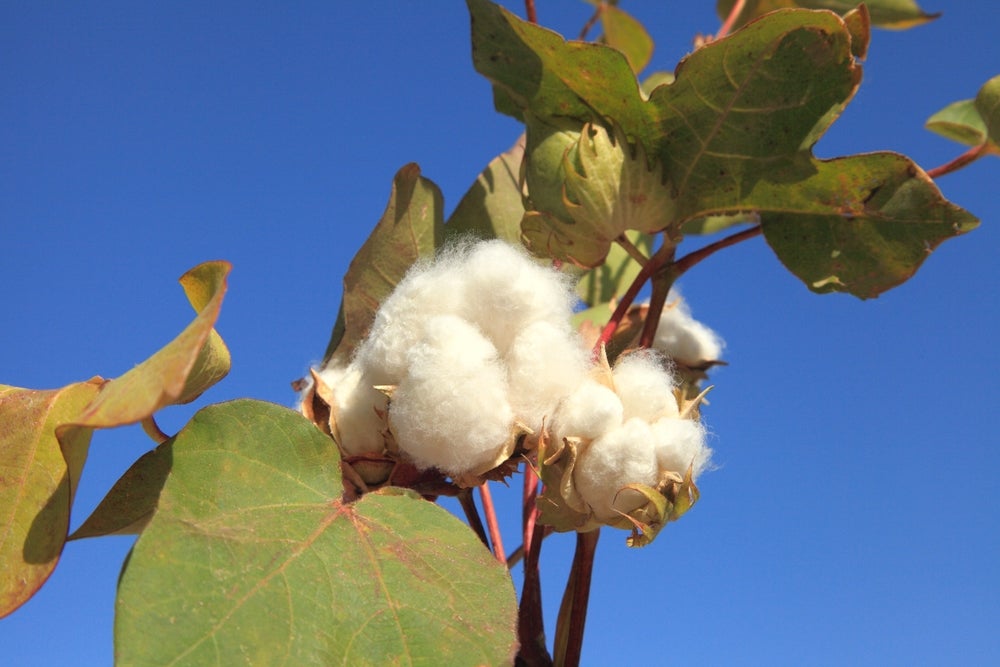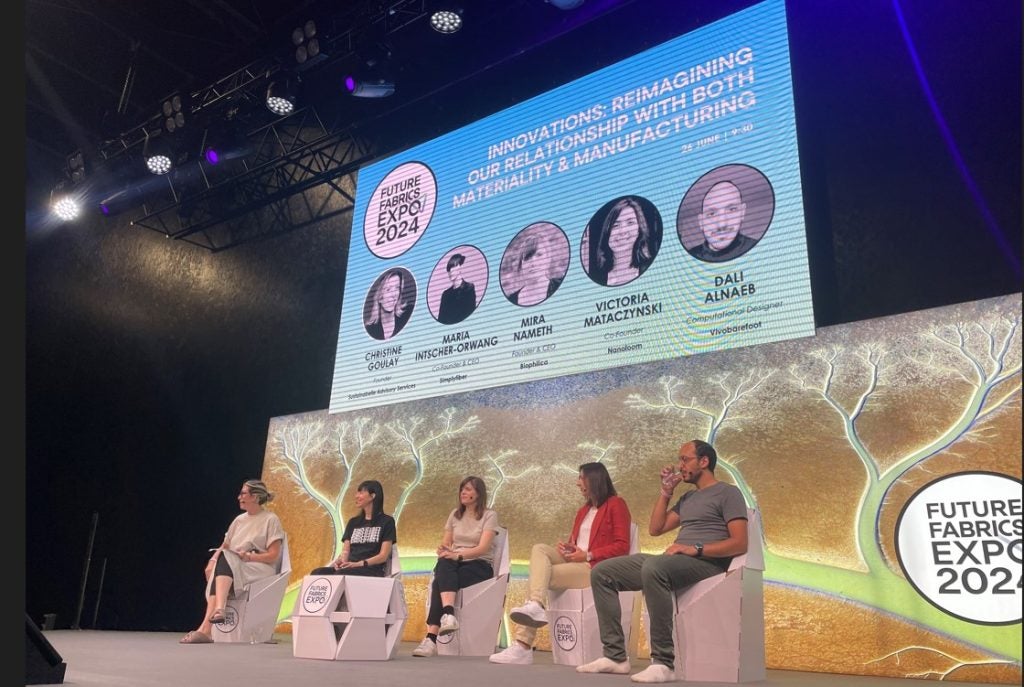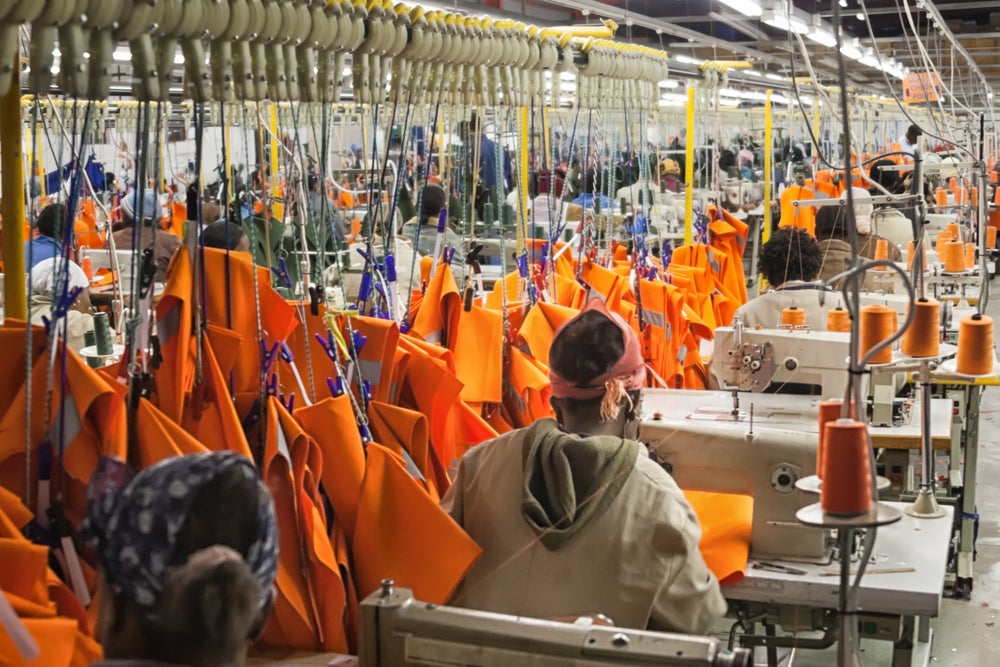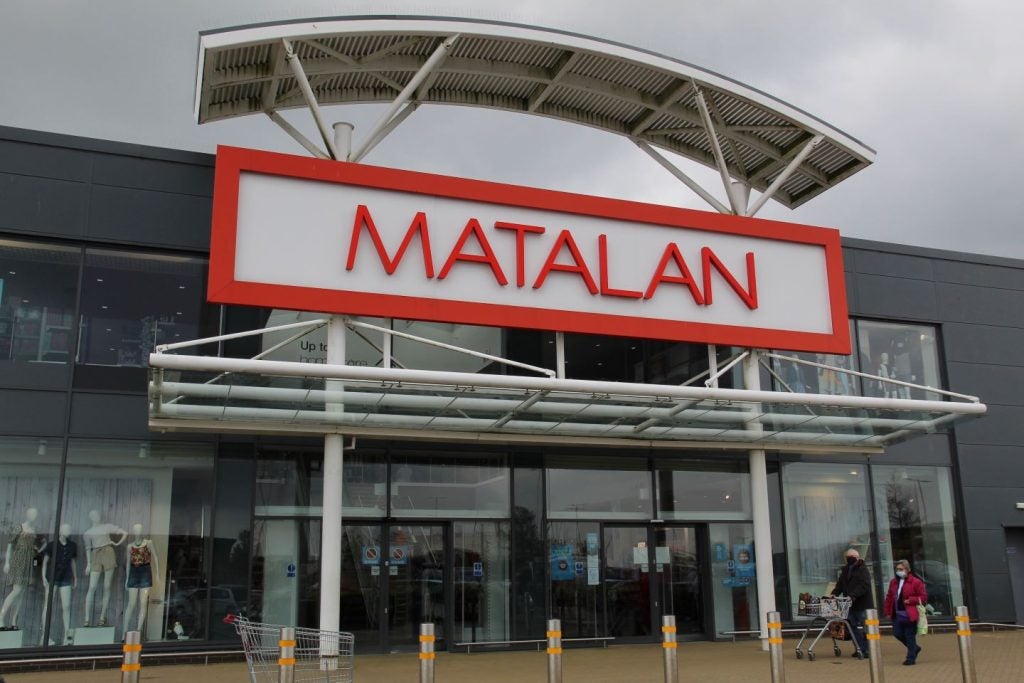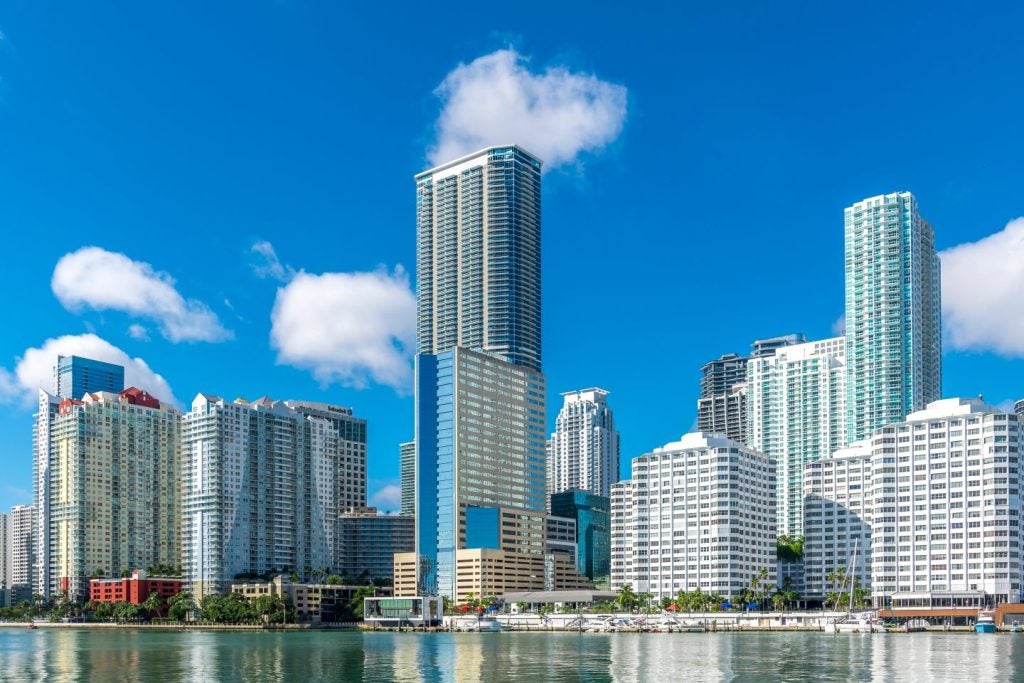The Cotton Campaign, which seeks to end forced labour for Central Asian cotton workers wrote to both the Italian Trade Agency (ITA) and the Association of Italian Textile Machinery Manufacturers (ACIMIT) to cancel their commercial visit to Turkmenistan on 24-28 June but claimed neither organisation responded.
It explained that instead, it wished for the organisations to "use their leverage to pressure the government of Turkmenistan to end its forced labour system."
The global coalition is urging all associations, textile machinery manufacturers, brands and supply chain actors to stop investing in Turkmenistan's textile and apparel industry due to its alleged state-imposed forced labour within its Turkmen cotton production industry.
Allison Gill, legal director at Global Labor Justice, which hosts the Cotton Campaign, said: “The Italian co-hosts of this commercial delegation and the companies that are already doing business with Turkmen textile entities have failed to conduct even the most basic human rights due diligence in their selection of partners and are profiting from the forced labour of Turkmen workers.
"To comply with responsible business conduct guidelines and regulations, and stop contributing to the exploitation of workers in Turkmenistan, all companies should terminate their direct and indirect business relationships with Turkmenistan’s textile industry.”
Turkmenistan's Ministry of Foreign Affairs, ITA and ACIMIT had not responded to Just Style's request for comment at the time of going to press.
Ahead of the delegation trip ACIMIT's president Marco Salvadè explained: "The purpose of this institutional mission is to create a favourable context for collaboration between our industry and the Turkmen textile sector.”
He added: "During this mission, we intend to showcase our technological offerings to textile operators, but above all, deepen contacts with local institutions, which have a strong influence in defining supply chain strategies.”
The ACIMIT also pointed out that for the Italian textile machinery industry, the Turkmen market has high growth potential.
It stated: "Cotton is the third largest export product of the country, and local authorities aim to develop a robust textile industry capable of processing the locally grown raw material. Significant investments in new equipment will be necessary for the success of this development programme. To achieve this goal, the demand for textile machinery and technologies is rapidly increasing."
It also pointed out that demand for Italian textile machinery from Turkmen companies went up substantially in 2023 with Italian exports increasing from €600,000 in 2022 to approximately €13m in 2023.
However, the Cotton Campaign alleged that all cotton in Turkmenistan is produced by the state, with the systematic and widespread forced labour of state employees, and sometimes child labour.
It claimed: "Turkmenistan does not import cotton, all machinery and equipment supplied to spinning mills, fabric mills, sewing units and other manufacturing facilities in the Turkmen textile industry facilitate the production of Turkmen cotton, which is entirely harvested with forced labour, into (semi-) finished goods."
The Cotton Campaign also referred to the Italian delegation visit coinciding with the annual EU-Turkmenistan Human Rights Dialogue in Ashgabat with the presence of the EU Special Representative for Human Rights Olof Skoog.
It maintains the EU should use this platform to urge the elimination of forced labour and the development of an enabling environment for labour rights — which is essential to fostering sustainable economic development.
The Cotton Campaign identified that due to state-imposed forced labour in the cotton harvest and other human rights violations committed by the government of Turkmenistan, the EU Parliament did not ratify the EU-Turkmenistan Partnership and Cooperation Agreement (PCA) in 2019, a decision which was reiterated in January 2024, when the Parliament emphasised that “Turkmenistan needs to demonstrate an improvement in its dire democracy and human rights record in order for Parliament to reconsider its position and ratify the PCA.”
The Cotton Campaign alleged the credibility of the EU's position is undermined by the Italian Trade Agency, which is an Italian government agency, facilitating business engagement between Italian machine manufacturers and Turkmenistan’s textile industry.


